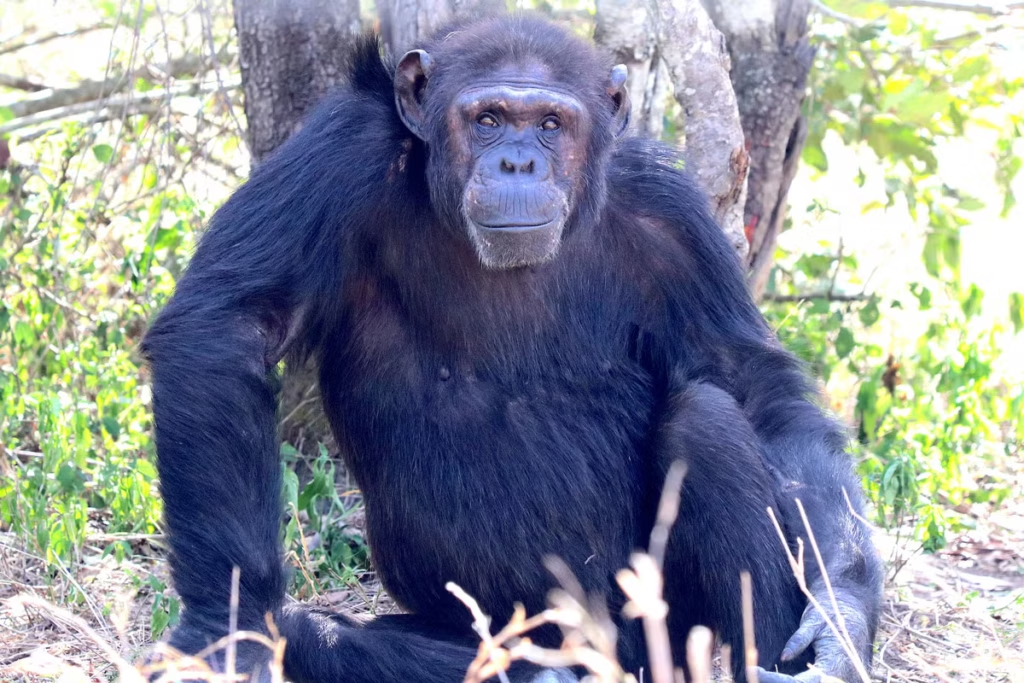WE ALL KNOW our genes play a huge role in determining our health and fitness. Some of us strike genetic gold, gifted with a faster metabolism, height, speed or even an easier path when packing on lean muscle. For the rest of us, achieving optimal health can be an uphill battle. Some folks will find it harder to lose weight, build muscle or even maintain clear and clean skin.
When talking about longevity and lifespan, genetics, again, are a pivotal factor. While some people thrive well into their nineties, others are not as fortunate. What distinguishes these two cohorts? A lot of it comes down to luck; genetics significantly influence lifespan. Some individuals inherit a predisposition for longevity, while others face inherent challenges.
The good news is that your genes don’t run the show entirely. Choices we make every day, like what to eat, when to eat and how often to exercise, can heavily influence long-term health outcomes and help fend off dangerous illnesses. Remarkably, a healthy lifestyle can mitigate approximately 60 per cent of the impact of ‘life-shortening’ genes, potentially extending life by up to five years, according to a study in the British Medical Journal.
In the study, researchers embarked on a monumental quest, gathering detailed data from 353,742 individuals over 13 years.
Using this data, participants were categorised into three lifespan groups: those with genes favouring longevity (20%), those with moderate lifespans (60%), and those with genes hinting at shorter lives (20%). Participants were also evaluated based on lifestyle choices, earning them a score: of favourable (23%), middling (56%), or detrimental (21%). This score was based on factors like sleep, alcohol, tobacco, diet, and exercise.
The findings were profound: those genetically predisposed to shorter lives faced a daunting 21 per cent higher risk of early death, regardless of lifestyle. Yet, healthy living could offset over 60 per cent of this genetic predisposition, potentially adding five years to lifespan.
Conversely, those with unhealthy lifestyles faced a 78 per cent increased risk of early death, regardless of genetics. Stacking an unhealthy lifestyle with unfavourable genetics more than doubled the risk of early death compared to those with nurturing lifestyles and protective genes.
The results of the study are relatively self-evident. If you’re not blessed with red-hot genetics, you need to take a few extra steps to avoid an early grave. And regardless of the genetic hand you’re dealt, your health can still suffer from poor lifestyle choices. The bottomline: there’s a lot to lose and plenty to gain.

Related:















